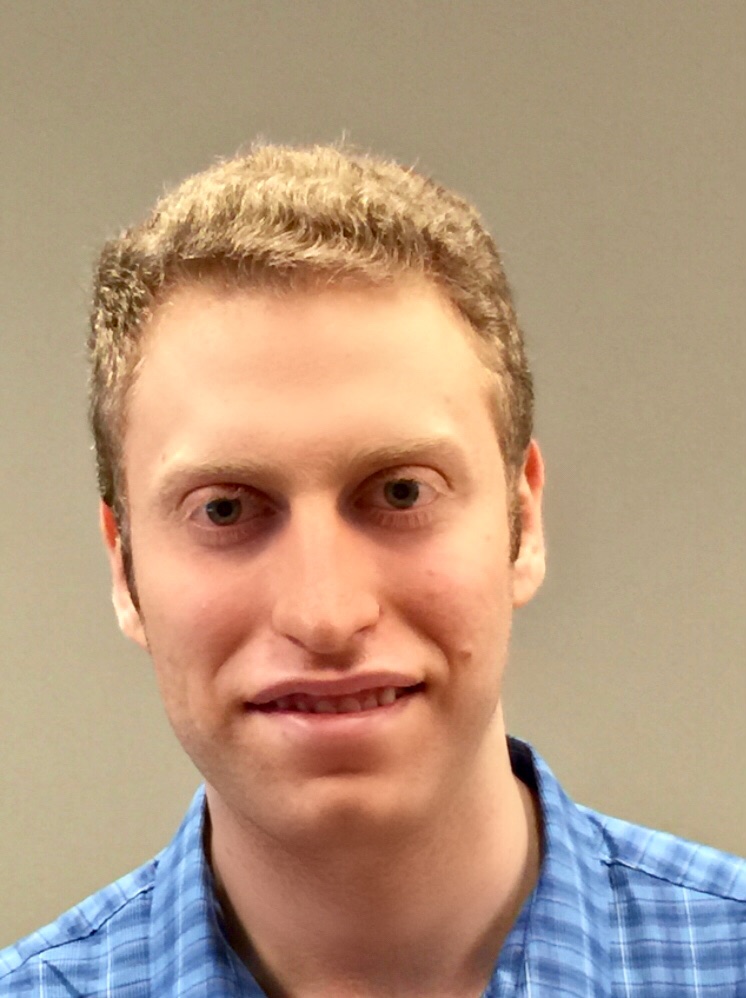Researchers in the Cockrell School of Engineering found that taking a warm bath 1-2 hours before bedtime can help you fall asleep faster and improve your overall quality of sleep.
In collaboration with the UT Health Science Center in Houston and the University of Southern California, the UT researchers searched all relevant databases — looking at a total of 5,322 studies. They pulled information from publications with specific criteria to explore the effects of warm shower/bath, on a number of sleep-related conditions including: sleep onset latency– the length of time that it takes to accomplish the transition from full wakefulness to sleep, total sleep time, sleep efficiency– the amount of time spent asleep relative to the total amount of time spent in bed intended for sleep, and subjective sleep quality.
The paper explaining their method was recently published in the journal of Sleep Medicine Reviews.
The findings show the optimal time to bathe to cool down your core body temperature is 1-2 hours prior to bedtime. This helps increase in the circulation of blood from the internal core of the body to the peripheral sites of the hands and feet resulting in very efficient removal of body heat and decline in overall body temperature. Therefore, if a bath is taken at the right time – 1 to 2 hours before bedtime, it will aid the natural circadian process and increase one’s chances of not only falling asleep quickly, but also getting quality sleep.
“When we looked through all studies, we noticed significant disparities in terms of the approaches and findings,” said Shahab Haghayegh, a Ph.D. candidate in the Department of Biomedical Engineering and lead author on the paper. “The only way to make an accurate determination of whether sleep can, in fact, be improved was to combine all the past data and look at it through a new lens. Yes, the data proves that a warm shower or bath before bed does make a huge difference in your overall sleep quality. I shower every night before bed now.”
As a next step, the research team is now working with UT’s Office of Technology Commercialization in the hopes of designing a commercially viable bed with the UT-patented Selective Thermal Stimulation Technology that allows thermoregulatory function to be manipulated on demand and dual zone temperature-controlled bed. The bed can be tailored to maintain an individual’s optimum temperatures throughout the night. The bed of the future.
Shahab Haghayegh
Ph.D. Candidate
Department of Biomedical Engineering
Cockrell School of Engineering
University of Texas at Austin


